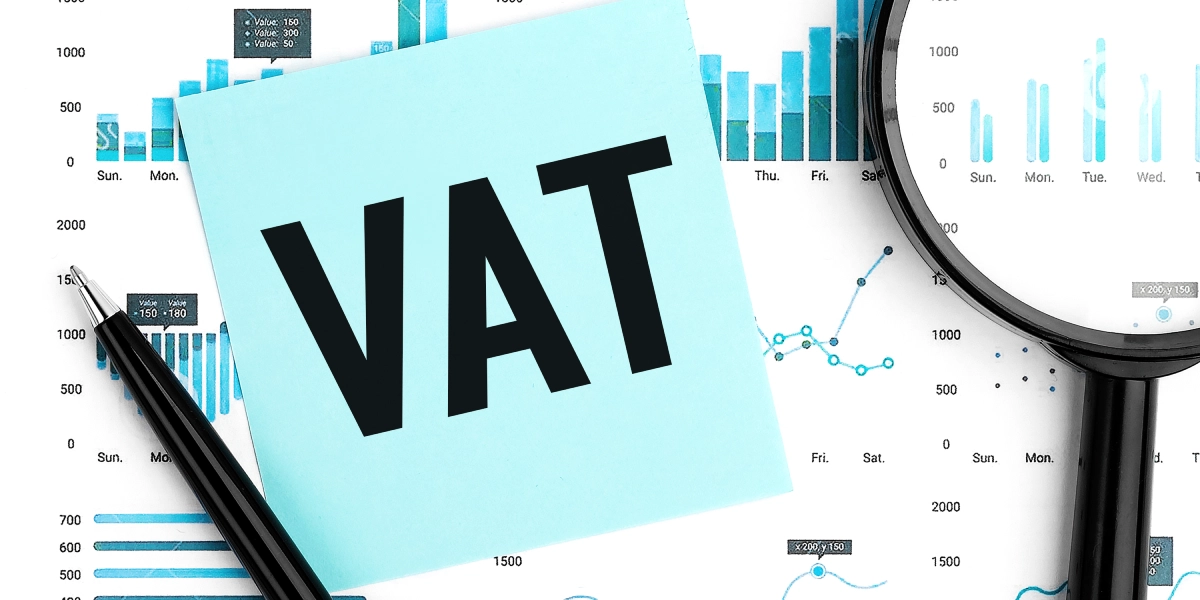Selling on Etsy allows creative entrepreneurs to turn their talent into a thriving business. Yet managing tax obligations can quickly become challenging as your sales increase. From VAT registration to self-assessment returns, the financial side often feels more complex than creating your products. At Apex Accountants, we provide tailored tax services for Etsy sellers across the UK, helping you stay compliant while improving profitability. Our specialists handle bookkeeping, VAT for Etsy sellers UK, and year-end planning so you can focus on running your shop with confidence.
This article outlines the essential tax responsibilities for Etsy sellers, the expenses you can claim, and how professional accountants help keep your business compliant and profitable.
Do Etsy sellers need to pay tax in the UK?
Yes. Once your Etsy shop moves beyond a hobby and generates regular income, HMRC treats you as self-employed. You must report your profits each year through a Self Assessment tax return. If you earn less than £1,000 annually from Etsy, you can use the trading allowance and skip filing. Once you go over that amount, you’ll need to declare and pay tax on your profit after expenses.
What types of tax affect Etsy sellers?
Etsy sellers may face several different taxes, depending on how their business is set up.
- Income Tax – paid on your profits after deducting allowable business expenses.
- National Insurance (NI) – Class 4 NI applies when profits exceed £12,570, while Class 2 NI was scrapped in 2024.
- VAT (Value Added Tax) – required when turnover passes £90,000 in any 12-month period.
- Corporation Tax – applies if you operate through a limited company.
Each tax has its own rules and deadlines, which can quickly become confusing without the right support.
Each tax has its own rules and deadlines, which can quickly become confusing without the right support from experienced tax accountants for Etsy sellers.
When should an Etsy business register for VAT?
You’ll need to register for VAT once your taxable sales exceed £90,000 within 12 months. Registration means you must charge VAT on eligible sales and submit VAT returns digitally under the Making Tax Digital (MTD) rules. Even smaller Etsy sellers sometimes register voluntarily if their supply costs include significant VAT, as it allows them to reclaim that tax on purchases.
Professional guidance on VAT for Etsy sellers UK helps you understand which sales are taxable, how to record digital transactions, and when to reclaim VAT efficiently.
What expenses can Etsy sellers claim?
Etsy sellers can deduct many business costs before calculating taxable profit. Common examples include:
- Etsy listing, transaction and processing fees
- Raw materials and packaging
- Tools and equipment for making goods
- Website, internet and software costs
- Marketing and photography expenses
- Postage, delivery and shipping
- Home-office and energy use (if applicable)
- Professional and accounting fees
Recording these expenses properly not only reduces your tax bill but also keeps your books accurate for HMRC.
How can a tax advisor help Etsy businesses?
Working with specialist tax accountants for Etsy sellers can save time, stress and money. Tax professionals handle more than returns—they advise on business setup, pricing, and compliance strategies. They can help you:
- Register for Self Assessment or VAT
- Integrate Etsy data with cloud accounting tools
- Submit digital VAT returns on time
- Identify tax reliefs and allowances
- Plan cash flow and forecast profits
A good tax advisor also ensures your business stays compliant with the latest HMRC updates and filing obligations.
What accounting software suits Etsy sellers best?
Cloud accounting has become a must-have for online businesses. Platforms like Xero, paired with tools such as Link My Books, automatically import Etsy transactions and match them with bank records. This automation gives you real-time visibility of sales, VAT, and expenses—so you can focus on creating products instead of reconciling spreadsheets.
What happens if Etsy income isn’t declared?
Failing to report Etsy income can trigger penalties and backdated tax bills. HMRC cross-checks online marketplaces like Etsy, eBay and Shopify to find undeclared income. Honest and timely reporting protects your business reputation and avoids unnecessary investigations.
When are Etsy tax deadlines in the UK?
- 31 January – online self-assessment filing deadline
- 31 October – paper tax return deadline
- Quarterly VAT returns – depending on your VAT cycle
- Nine months after year-end – Corporation Tax payment (for companies)
Missing a deadline leads to fines or interest charges, so digital bookkeeping helps you stay organised year-round.
How can Etsy sellers reduce their tax bill?
You can legally lower your tax bill through smart planning.
- Track and record every business expense
- Choose the best business structure for your income level
- Use allowances, such as the trading and personal allowances
- Plan purchases before the tax year ends to claim relief sooner
- Get advice from qualified UK tax advisors
A proactive approach to tax planning means you keep more of what you earn without worrying about compliance.
Why professional Etsy tax services make a difference
Selling on Etsy is creative work, but running the numbers is a professional task. With dedicated tax services, you get accurate reports, VAT support, and advice on pricing and profitability. Having experts manage your financial side means you can focus on growing your shop with confidence.
Simplify Your Finances with Apex Accountants’ Tax Services for Etsy Sellers
At Apex Accountants, we work with UK-based Etsy sellers who want reliable, compliant, and stress-free financial management. Our team combines accounting expertise with an understanding of eCommerce operations, making us the ideal partner for creative entrepreneurs. From bookkeeping and VAT registration to annual tax planning, we provide practical support that keeps your business profitable and compliant.
Contact Apex Accountants today to book your free consultation and get tailored tax advice for your Etsy shop.





